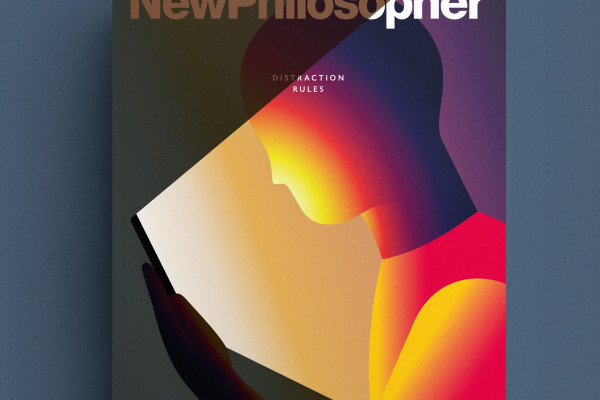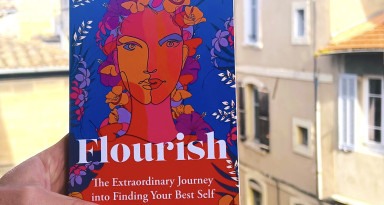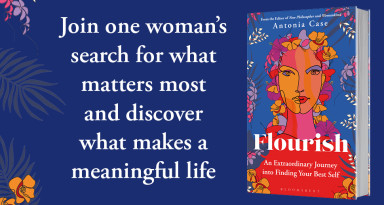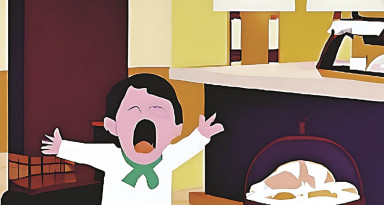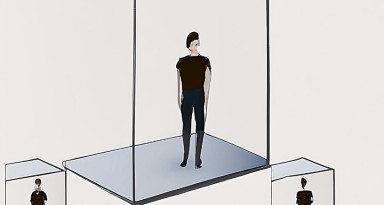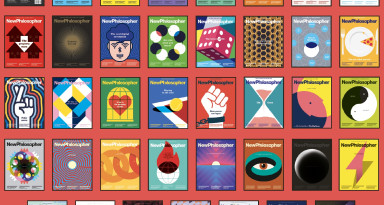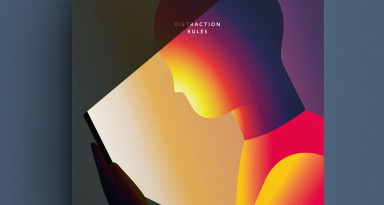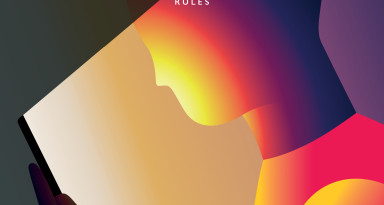In a laboratory at Runwell Hospital near London, researcher Kathleen Montagu discovered something that explains a lot about you, and plenty about your friends too. It explains your restlessness, your desire to want and achieve more – be that to own a bigger house, a shinier car, a more senior position at work, a new country to reside in, a vacation someplace more exotic than last time. It explains why some have the need to create – words, paintings, businesses, new experiences – or to amass knowledge like a squirrel burying nuts underground. It explains why philosophers have that itch to find meaning, and why executives keep piling money into their bank accounts when they have more than they need. It explains why the famous just can’t get famous enough. “It makes you desire what you don’t yet have, and drives you to see new things,” writes Daniel Lieberman and Michael Long in The Molecule of More. “It rewards you when you obey it, and makes you suffer when you don’t.”
Montagu discovered a molecule called ‘dopamine’ that, although rather insignificant in the human brain (only 0.0005 per cent of brain cells produce dopamine, or one in two million), exerted an undue influence on human behaviour. Today, the word ‘dopamine’ conjures up images of gamers hell bent on amassing rewards on their consoles, or social media users trying to get that elusive ‘likes’ number up. It evokes images of addicts – from drugs, to alcohol, to food.
Dopamine is not pleasure, but rather it is a forecaster of pleasure. Dopamine spikes as we anticipate something exciting or pleasurable happening, and dips when the experience comes about. Dopamine happens in the lead up to something, and that’s why it’s critical for motivation. Rats depleted of dopamine in the laboratory don’t work as hard to get food; they just couldn’t be bothered compared to normal rats. Super-high dopaminergic people, on the other hand, are the types you meet who are forever planning – a new business, new scheme, new partner, new this, new that – never at rest, always seeking the next thing; living from one dopamine high to the next.
Today, many of us distract ourselves with quick dopamine hits, whether that’s ruminating or worrying, entering the cyberworld, thinking about tomorrow, or planning next week, next year. Never in the moment, forever in the realm of possibility – the ‘what if’. Always seeking that next hit.

